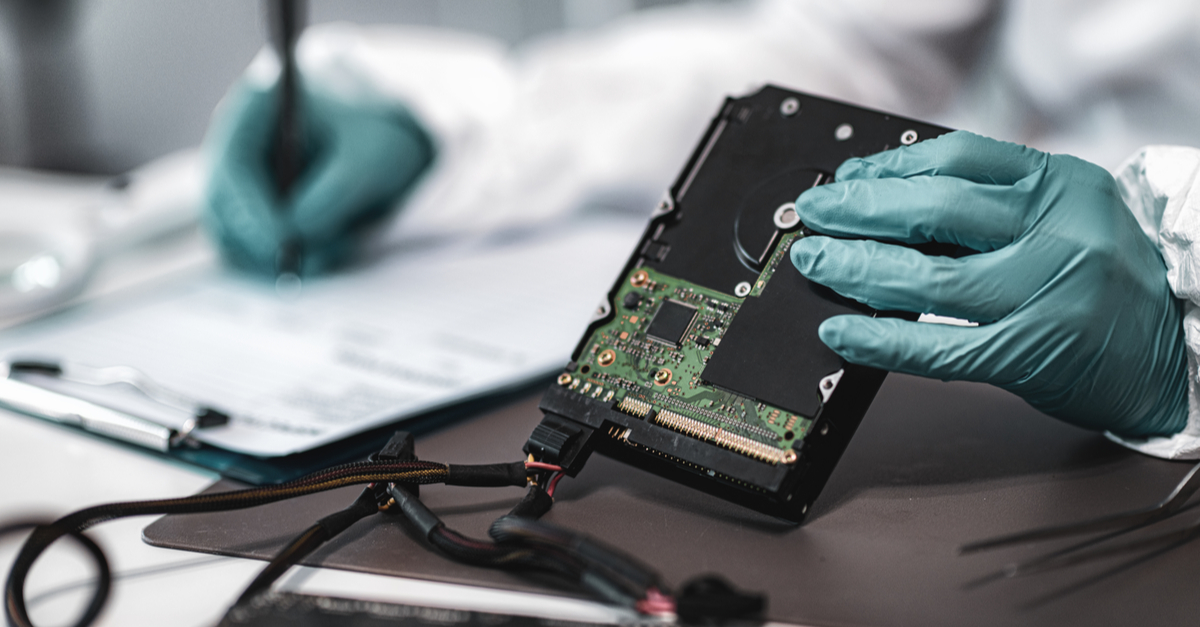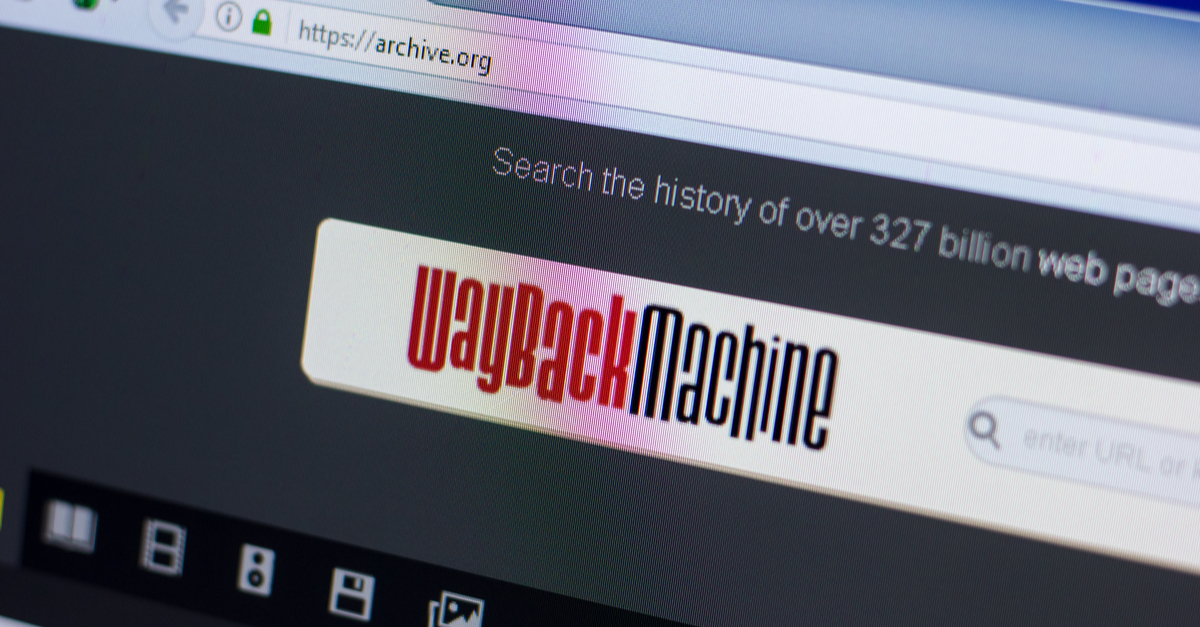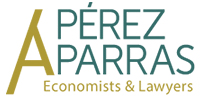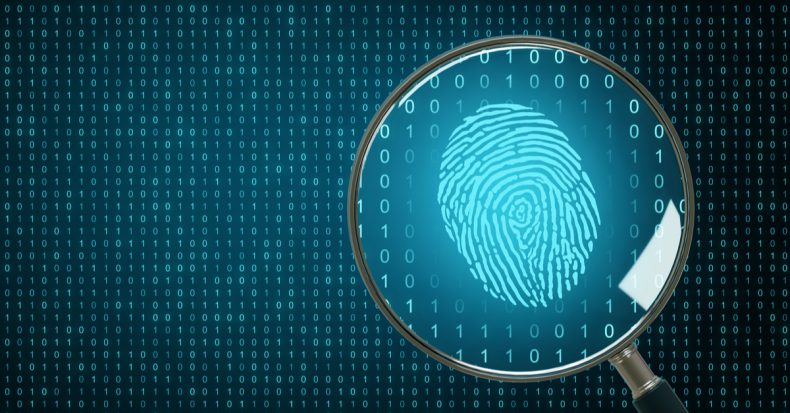Digital evidence: a controversial issue, but, at the same time, fundamental and decisive in a trial.
Our Firm Pérez Parras Economists and Lawyers will use all possible means of proof in the defence of our clients.
We are real estate appraisers, but also judicial experts in cyber technology and telecommunications.
The content of web pages is a possible means of proof in a Court trial.
But, how do we correctly prove that a website had a specific content some time ago? Is it useful to keep a hard copy of that web page to present it as proof?

Digital evidence requires set procedures to be a valid means of proof in Court.
For example, when presenting the following:
- WhatsApp conversations to show in a divorce that one of the parents is late in releasing the children, or has a new partner and must leave the stable family home,
- emails regarding the existence of an acquired debt,
- audio fragments to prove that an interlocutor says a certain question,
- web pages with certain content that involves unfair competition, violation of the use of an already registered business brand,
- appraising real estate as evidence in Court to discuss outstanding amounts, or to distribute an inheritance, or to liquidate the community property for a divorce
- proving that a patent that is not new is being used, because the idea had previously been published on the internet,
- etc…
These are just a few examples of digital evidence that must be correctly presented in Court to be valid, and substantiate the facts discussed.

What is the Wayback Machine?
The Wayback Machine, an initiative of the Internet Archive, is a powerful tool that allows anyone to search a web page for its past digital content and use it as a means of proof.
Pérez Parras Economists and Lawyers have used the past content of websites as evidence in various trials. The team of lawyers and judicial experts of this firm handles the Wayback Machine for that very purpose. Moreover, recently, a judicial decision of the Provincial Court of Zaragoza, of May 31st 2019 (R. 763/2018), has given full validity to this type of evidence through the Wayback Machine.
Besides, it is not very obvious to prove that something that no longer exists is material available on the Internet. The content of a web page may be distinct today from yesterday; hence the Wayback Machine allows people to consult recorded copies of billions of web pages, in different temporal moments.
The Wayback Machine: powerful evidence!
The Wayback Machine, founded by the Internet Archive, an American non-profit organisation, is therefore a reliable impartial third party. This means that the automatic copy made of countless websites on the Internet at certain points in time becomes a powerful tool during a trial. The experts of the Pérez Parras Economists and Lawyers Firm are using it effectively in Malaga and throughout Andalusia.
Internet search engines, such as Google or Yahoo, and others, also cache previous content which can be consulted. Their disadvantage is their very limited duration in time.
What are the advantages of the Wayback Machine?
Therefore, the Wayback Machine presents a series of advantages, which the lawyers of the Firm Pérez Parras have used during trials:
- an impartial third party, with no relation to the parties involved, which gives credibility to the evidence,
- free tool, being supported by a non-profit institution, which again detracts interest and increases its probative value,
- working automatically, it cannot be manipulated,
- it allows access to information modified or deleted today on the internet.
In practice, it would also be convenient to prove by paper printing of said web pages saved by the Wayback Machine that they have not been manipulated. To do this, complementing the trial with notarisation, or with a certificate from the manager of the Wayback Machine portal, would greatly enhance the credibility for the Court case, as it happened in the aforementioned judgment of the Provincial Court of Zaragoza.
What accreditations does our Office have regarding digital proofing?
Sergio Pérez Parras is a lawyer and telecommunication engineer. Professor of Telecommunications Law in the Department of Communications Engineering of the Higher Technical School of Telecommunications Engineering of the University of Malaga. He is a judicial expert in cyber technology and telecommunications. Expert in Family Law, Trademark Registration, Data Protection, and Administrative Law.
Francisco Pérez Parras is an economist and lawyer. He is an expert Real estate appraiser. MBA in Business Management, and expert in wills and inheritances, and international taxation of residents and non-residents.


LEAVE A REPLY